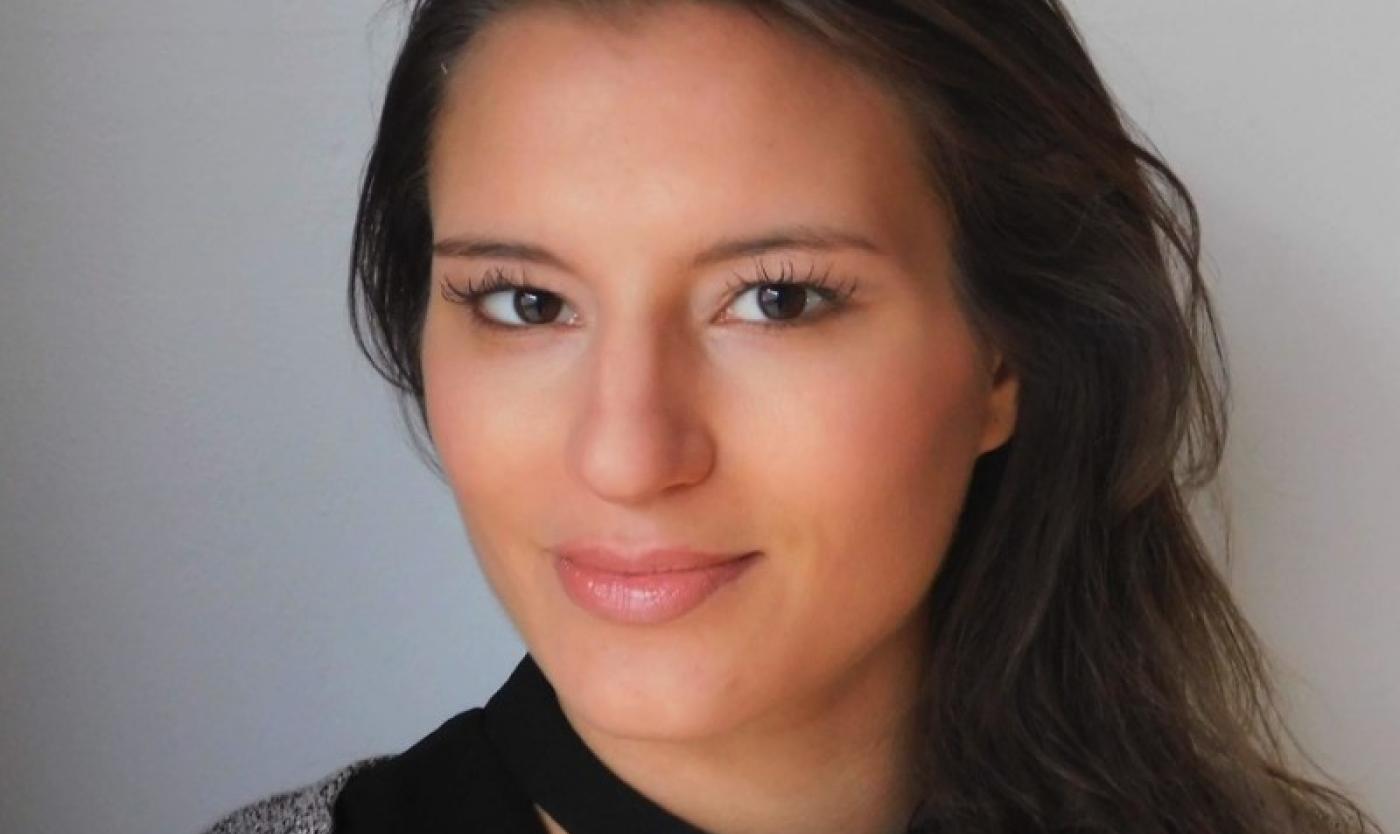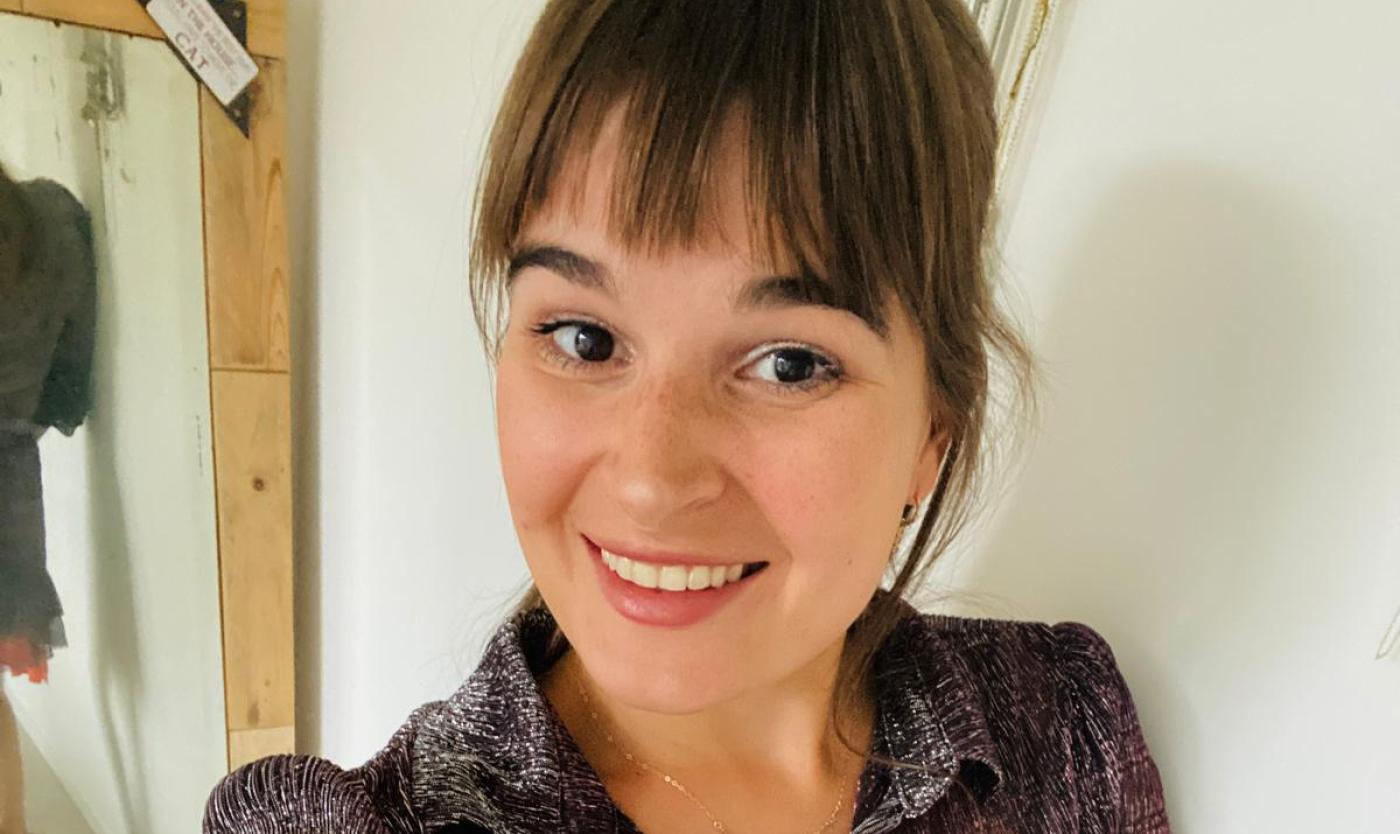
Each year, around 1,500 people in Belgium are diagnosed with pancreatic cancer. Notably, that number is rising every year, and patients are also becoming younger. On 7 November, the VUB research groups TORC and BruPaCT are organising an information day aimed at bringing together both patients and their loved ones, as well as researchers, UZ Brussel doctors and policymakers. Through this initiative, they want to better inform patients about their disease, treatments, and future prospects, while also urging politicians to allocate more resources for research and treatment. Sarah Provost and Ellis Michiels explain just how important this is: “Pancreatic cancer patients can sometimes be ‘forgotten’.”
Pancreatic cancer remains one of the deadliest cancers, often diagnosed too late. But why is that exactly?
Ellis Michiels: “The symptoms of pancreatic cancer are usually very vague and only appear once the disease has already spread. I’m thinking of upper abdominal or back pain, unexplained weight loss, reduced appetite, nausea, fatigue, yellowing of the skin… Moreover, a biopsy of the pancreas is difficult because it lies deep in the abdomen and often involves a small, sensitive area that is hard to reach. This means that many patients—around 80 percent—already have metastases when they are diagnosed and therefore cannot undergo surgery.”
Sarah Provost: “The five-year prognosis for pancreatic cancer in our country is still only 10 percent. We also see that the number of patients increases every year, and that those affected are becoming younger. On top of that, pancreatic patients today are all treated in the same way, often with highly toxic chemotherapy that has a major impact on their quality of life.”

Sarah Provost
- TORC Operational Manager at VUB
- TORC is the Translational Oncology Research Centre, a multidisciplinary research centre at VUB focused on cancer research, both fundamental and clinical.
What is essential to make that step forward in pancreatic cancer research? Ellis, you yourself carried out groundbreaking work in tumour cell detection.
Ellis Michiels: “During my PhD, I indeed developed a new detection method to stain both classical and basal tumour cells in surgical tissue samples. This allows experts to gain a more detailed picture of the cancerous tissue. But there is still a lot of work to be done. Tumours in pancreatic cancer patients are heterogeneous. They not only differ between patients, but also consist of different types of cells themselves, making them harder to treat with a standard therapy. To map the full biology of the tumour from A to Z, a lot of fundamental research is still needed. Only then can a new targeted therapy be developed.”
Sarah Provost: “BruPaCT is already a step in the right direction. It is a collaboration between the Vrije Universiteit Brussel (VUB) and the Université libre de Bruxelles (ULB), together with UZ Brussel and the Erasmus Hospital/Institut Jules Bordet. It is the first joint Belgian research group focused on pancreatic cancer. By pooling their resources, BruPaCT aims to strengthen the potential to attract research funding and expand international collaboration.”
Ellis Michiels
- Junior Postdoctoral Researcher under Prof. Ilse Rooman
- conducts research on pancreatic cancer

What do you hope to achieve with your information day during this World Pancreatic Cancer Month?
Sarah Provost: “On the one hand, we want to reach people with pancreatic cancer to better inform them about their disease, treatments, current research, and future outlook. On the other hand, we also want to explicitly ask politicians—Koen Dillen is one of our speakers—not to forget ‘pancreatic cancer’ and to allocate the necessary resources. In fact, all the building blocks—both fundamental and clinical—are in place today; it’s just that the cement is missing to make the structure stronger and build it up.”
“In fact, all the building blocks—both fundamental and clinical—are in place today; it’s just that the cement is missing to make the structure stronger and build it up”
How important is this information day?
Ellis Michiels: “Very important. During this day, not only is clinical and fundamental research on pancreatic cancer explained, but visitors also get a tour of our labs to see firsthand how we conduct research and how it can lead to new therapies in the long term. We have been organising this event for three years—albeit on a smaller scale—in VUB buildings, but this year it will take place for the first time at the Jules Bordet Institute. We want to reach a larger audience, precisely because we have long felt the need from patients and their families to be better informed. The question of why it takes so long to achieve a real breakthrough in this research often comes up, along with the frustration and the awareness that it may not be for them.”
Sarah Provost: “At the same time, we want to raise awareness of the symptoms. What are they? How common are they? Don’t ignore them—see a doctor.”
"Patients often wonder why real progress in pancreatic research takes so long, expressing both frustration and the painful realisation that it may come too late for them"
How do you see the future in the fight against pancreatic cancer?
Sarah Provost: “I hope that we can not only secure more funding for our research but also eventually develop a blood test that can detect certain markers indicating pancreatic cancer. The stool test for potential bowel cancer is a great example of how preventive measures can make a big difference in the fight against cancer. From pancreatic patients, we sometimes hear: ‘Where is the bell to raise the alarm?’ With our event, we want to hand them that bell so that their voices are heard.”
"Pancreatic patients often ask us, ‘Where’s the alarm bell?’ With our event, we’re handing them that bell so their voices are heard"
About the Information Day
- When: 7 November, from 1:30 PM to 4:30 PM
- Where: Institut Jules Bordet – H.U.B. (Tagnon Auditorium – Route 2985; Meylemeerschstraat 90, 1070 Brussels)
Read the programme and register (in Dutch)
You can support the research on pancreatic cancer with a donation or by bank transfer to the VUB's account number BE51 0013 6779 3562 stating GIFTFD18.